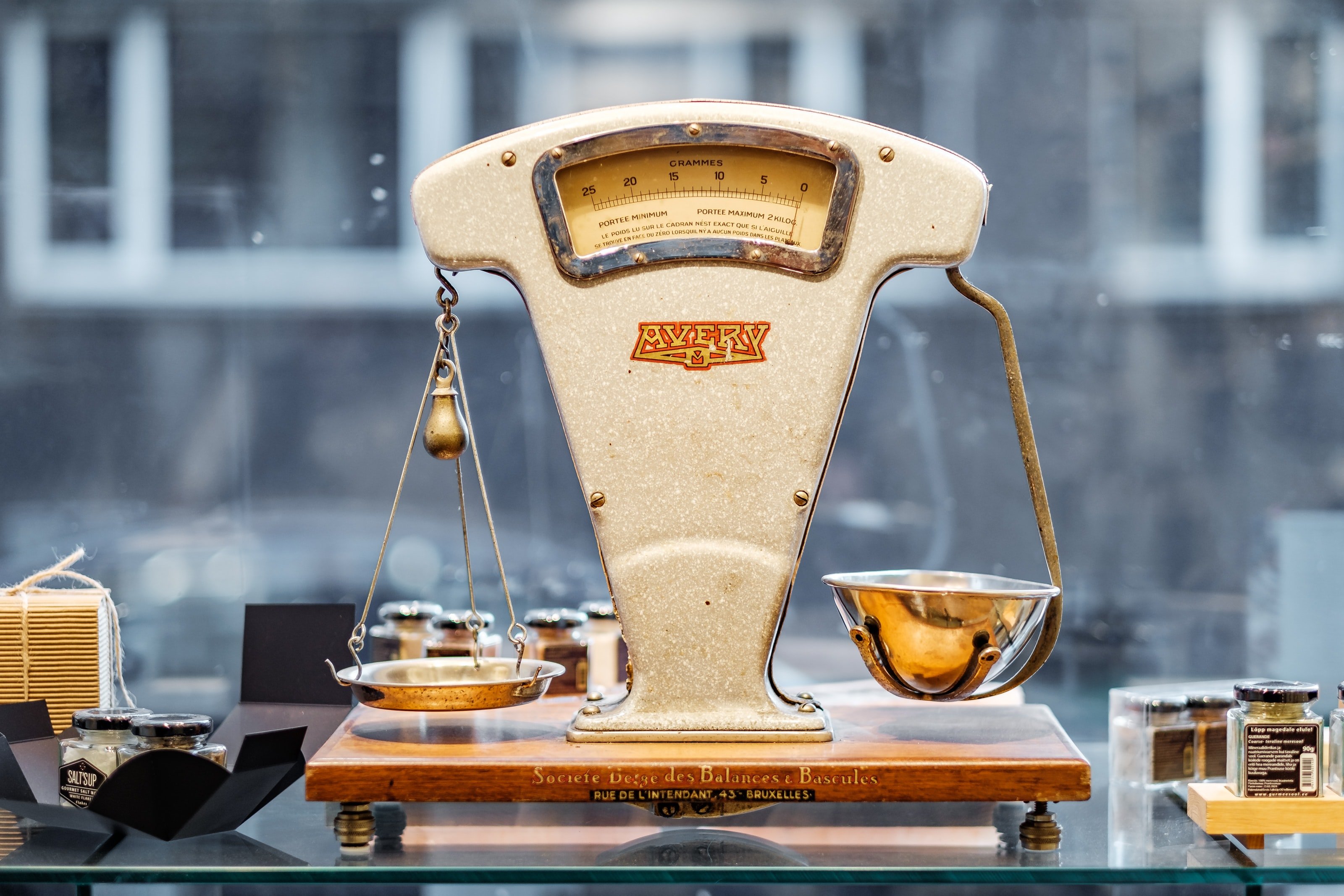How To Implement a Good Supplier Qualification Process
Implementing a successful supplier qualification process requires careful planning, clear criteria, and regular assessment. Here are key steps to consider:
- Define Requirements: Start by defining the specific requirements that suppliers must meet, such as quality certifications, ethical compliance, financial stability, and sustainability practices. Tailor these requirements to align with your business objectives. Learn more about how to master your Goals & Procurement Strategy Management here.
- Conduct Pre-Qualification: Narrow down potential suppliers by conducting preliminary assessments based on basic criteria, such as capacity and compliance with regulatory standards.
- Assessment & Evaluation: Utilize more detailed assessments, such as on-site audits or product samples, to validate the supplier’s capabilities. Evaluate their operational strengths, financial health, and risk factors. Read more about how to enhance your vendor & supplier qualification with smart Supplier Onboarding & Assessment solutions.
- Approval & Documentation: Suppliers that meet all criteria should be approved and integrated into your supplier database. Document the evaluation findings and any ongoing performance monitoring processes. Explore how to improve your Supplier Contract & Document Management here.
- Monitor & Reevaluate: Supplier qualification is an ongoing process. Continuously monitor supplier performance to ensure they meet standards over time and adjust your criteria as business needs evolve.
What Are the Requirements for Supplier & Vendor Qualification?
Requirements for supplier qualification will vary depending on industry and regulatory standards, but some common criteria include:
- Certifications & Compliance: Suppliers should hold relevant certifications, like ISO standards or sustainability credentials, that demonstrate their commitment to quality and compliance. Discover what an SRM system can do for your Supply Chain Compliance here.
- Financial Health: Assessing financial stability is critical for ensuring long-term supply security. Suppliers should demonstrate strong financial footing to prevent risks related to insolvency or disruptions.
- Capacity & Scalability: Suppliers should have adequate production capacity to meet demand and the flexibility to scale operations as your needs grow.
- Quality Management: Consistent quality control processes and robust quality management systems are indicators of a supplier's ability to meet your specifications.
These requirements create a clear framework for identifying suppliers who meet your standards and can sustain quality and compliance over time.
How to Automate Your Supplier Qualification Process
Manual supplier qualification can be time-consuming, complex, and prone to error. By automating the process, your organization can improve efficiency, accuracy, and scalability in managing supplier data and conducting evaluations. Here’s how automation benefits supplier qualification:
- Centralized Data Management: Automation tools collect and store supplier data in a single platform, making it easy to access and evaluate essential information. Learn more about smart Supplier Information Management here.
- Automated Assessments: Automated workflows and digital forms enable seamless assessments, reducing administrative work and ensuring consistency in evaluations. Explore how to improve and accelerate your vendor qualification with Smart Actions and Process Orchestration.
- Real-Time Monitoring: Advanced supplier management software provides real-time insights into supplier performance, enabling quicker responses to any risks or quality issues.
Automation simplifies the qualification process, allowing your team to focus on high-value tasks and strategic supplier relationship management.
Seamless Vendor & Supplier Qualification Solutions With Kodiak Hub
At Kodiak Hub, we understand that effective supplier qualification is foundational to achieving high supply chain standards. Our Supplier Relationship Management platform provides the tools you need to streamline your qualification process, from automated assessments and real-time analytics to document management and compliance tracking.
With Kodiak Hub’s SRM platform, your team can implement a consistent, scalable qualification process that helps secure high-quality suppliers and maintain resilient supply chains.
Empower your procurement and supply chain team with a robust, data-driven supplier qualification process. Start securing quality suppliers with Kodiak Hub’s seamless, automated solutions tailored to meet your business’s unique needs.
Reach out to us to learn more about optimizing your supplier qualification process today!












